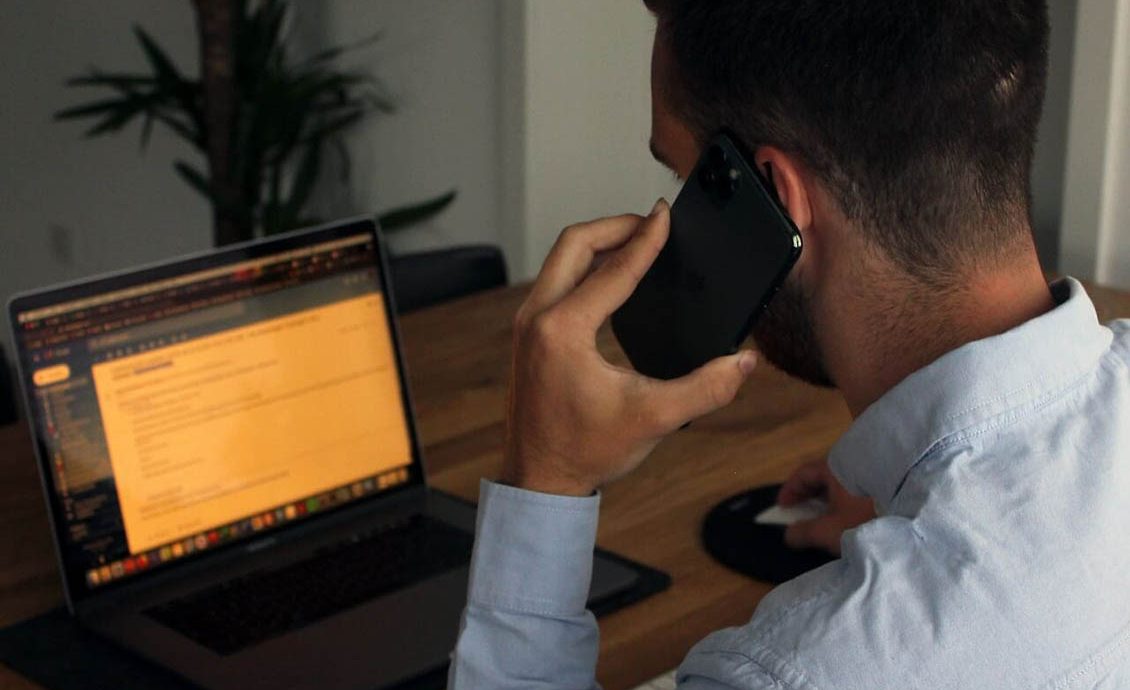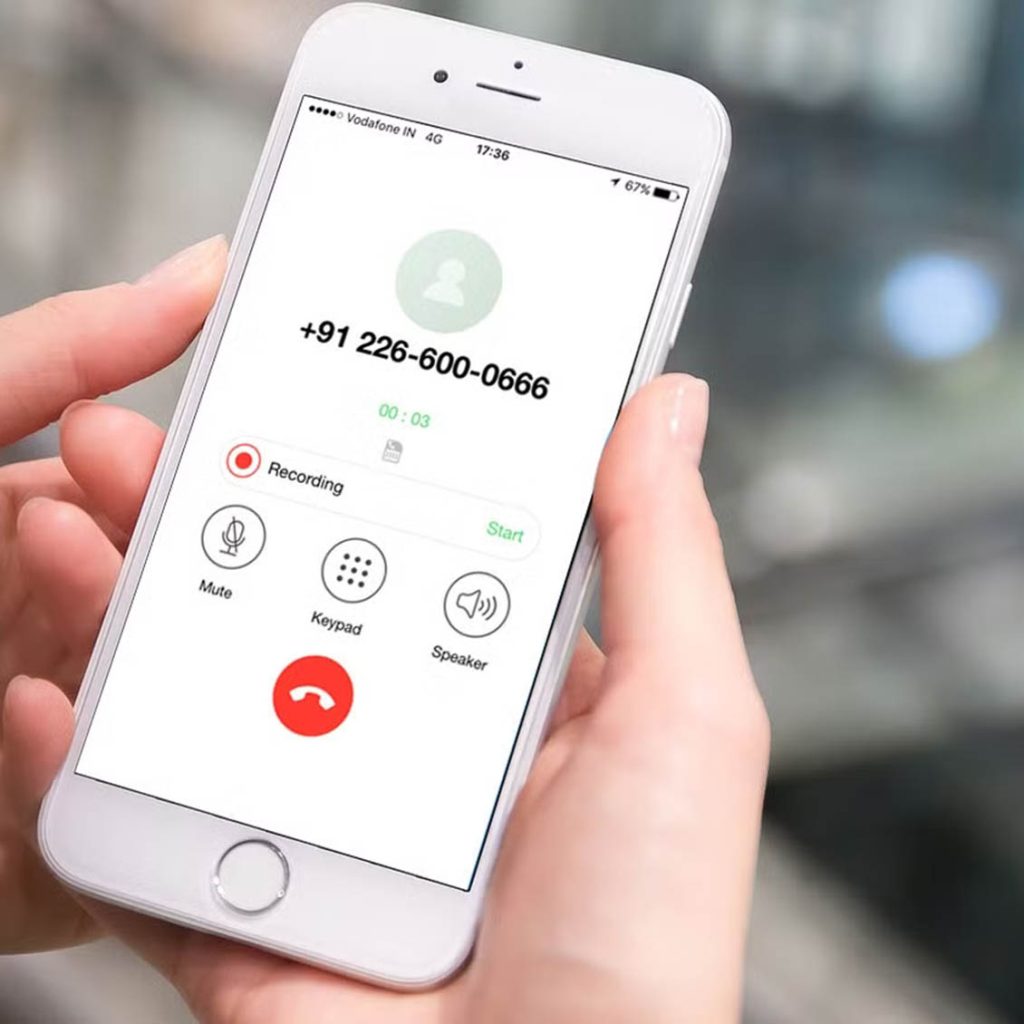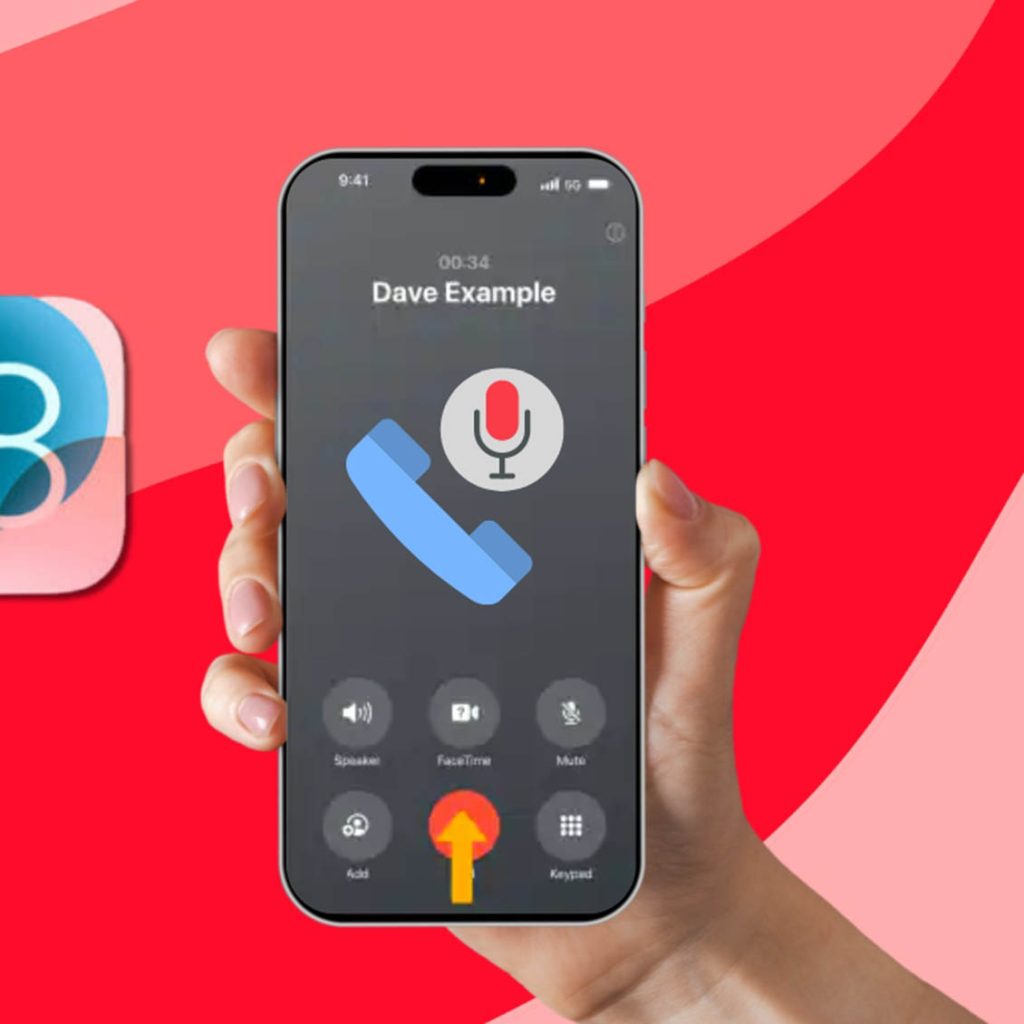
How to Record Phone Calls on iPhone: A Detailed Guide
PhonesIn today’s world, smartphones have become an indispensable part of our daily lives, and phone communication is an essential aspect of our interactions. Sometimes, we may need to record important phone conversations, such as business negotiations, customer service calls, or valuable conversations with family and friends. However, iPhones do not provide a built-in call recording feature, which can be inconvenient for some users. I have faced this challenge, and today, I want to share a detailed guide on how to record phone calls on iPhone, so you can make the most of your device and record important conversations effortlessly.
Why Do You Need to Record Phone Calls?
Before we dive into how to record phone calls, let’s first talk about why some people may need to do so. Phone call recording can be very useful in various situations. For example:
- Recording Important Business Calls: In business negotiations, having a recording ensures that you don’t miss any important details and helps avoid misunderstandings.
- Customer Service Records: Many businesses require call recordings to review any issues or feedback during service interactions.
- Legal Compliance: In some industries and regions, phone call recording is a legal requirement, especially for contracts and agreement confirmations.
- Personal Reminders: Sometimes, you receive phone calls from friends or family that contain plans, advice, or promises that you may want to revisit. Recording these calls can serve as a useful reminder.
While phone recording is very convenient in some situations, you should also be aware of privacy concerns. In many countries and regions, recording phone calls requires consent from the other party, so make sure to follow local laws and regulations when recording calls.
How to Record Phone Calls on iPhone?
Since iPhones do not support direct phone recording features, we need to rely on third-party tools or apps to achieve this functionality. Below, I’ll share a few methods I personally use to record calls on my iPhone. These methods come with their own pros and cons, and you can choose the one that suits your needs the best.
1. Use Third-Party Apps
Apple does not allow built-in call recording on the iPhone, so third-party apps have become the most popular solution. There are several apps available in the market that can help you record phone calls, some of which are free to try, while others require a subscription. Here are a few apps that I find particularly useful:
1.1 Rev Call Recorder
One of the apps I often use is Rev Call Recorder. It is very easy to use—once installed, you simply need to choose Rev to join your call, and it will automatically record the conversation and save it within the app. Rev also allows you to send the recording for transcription, which turns your conversation into text, which is super handy.
Pros:
- Completely free to use, no hidden fees.
- Allows you to export recordings as files, making it easy to manage and share.
- Supports automatic recording of all calls.
Cons:
- Requires a stable internet connection.
- Not supported in all countries and regions.
1.2 TapeACall Pro
Another popular phone recording app is TapeACall Pro. This app is very powerful, supporting both one-on-one and three-way call recordings. The app works by calling through the app itself to merge the call and start recording.
Pros:
- High-quality audio recording.
- Supports file uploading and sharing.
- Unlimited recording, which is great for long calls.
Cons:
- Requires a paid subscription, which is relatively expensive.
- Requires manual operation during the call, so it’s not as automatic as some other apps.
2. Use External Recording Devices
If you don’t want to rely on third-party apps, another option is to use external recording devices. There are Bluetooth phone recording devices available on the market that can pair with your iPhone to record calls directly. These devices are often compact and portable, making them easy to carry in your pocket or bag for convenient use.
2.1 Recording Clips
These devices typically come in the form of small recording clips that can be attached to your clothing or plugged into your phone’s headphone jack. They connect to your iPhone via Bluetooth and can record calls in real-time without requiring any apps.
Pros:
- No need for third-party apps, offering more flexibility.
- Good sound quality.
- Simple operation without complicated setup.
Cons:
- Requires an additional device, which can increase the overall cost.
- Battery life can affect the duration of your recording.
3. Use Google Voice

If you’re using Google Voice for making calls, Google Voice itself offers a call recording feature. As long as you make calls through Google Voice, you can easily record the conversations using its built-in feature.
Automatically saves recordings, which you can access later.
Pros:
- Completely free.
- Easy to set up and use.
Cons:
- Can only record calls made through Google Voice, limiting usage.
- Requires a Google Voice account that is available only in certain regions like the U.S.
Legal and Privacy Considerations for Recording Calls
When recording phone calls, it’s crucial to consider privacy and legal issues. Different countries and regions have different regulations regarding phone call recording. Some areas require consent from both parties, while others only require consent from one party. Therefore, it’s important to ensure you understand the legal requirements before recording any calls.
4.1 Two-Party Consent
In some states in the U.S., and in certain other countries, it is required to obtain consent from both parties before recording a phone call. This means that if you’re calling someone and you start recording, you need to inform them and obtain their permission. Otherwise, the recording may be a violation of privacy rights, leading to legal consequences.
4.2 One-Party Consent
In other regions, only one-party consent is needed. This means that if you are one of the parties involved in the conversation, you can record the call without needing to get the other person’s permission. However, even in one-party consent areas, it’s a good practice to inform the other person, especially in business or legal settings.
Although iPhones do not natively support call recording, you can still record phone calls easily by using third-party apps, external devices, or Google Voice. As someone who often needs to record phone calls, these methods have been incredibly helpful. You can choose the best method depending on your needs and always ensure that you are aware of the local laws regarding call recording.

Product Recommendations
- Rev Call Recorder: If you need a simple, free, and easy-to-use phone recording app, Rev Call Recorder is a great choice. It not only records clear audio but also offers automatic transcription services, which are perfect for everyday use.
- TapeACall Pro: If you’re looking for a powerful phone recording tool capable of recording long calls and offering high-quality sound, TapeACall Pro is a great choice. It offers unlimited recording and file-sharing features.
You may also like
Recent Posts
- Next-Generation Gaming Consoles and Accessories: The Must-Have Gear for E-Sports Players
- 2025 TV Market Revealed: The Perfect Fusion of Ultra HD and Smart Features
- 2025 iPad Pro vs. Android Tablets: Who is the King of Efficient Office Work?
- 2025 Cameras and Photography: How Technological Advances Have Reshaped My Photography Experience
- Keep Your Website Solid as a Rock: My Perspective on Hosting

Leave a Reply